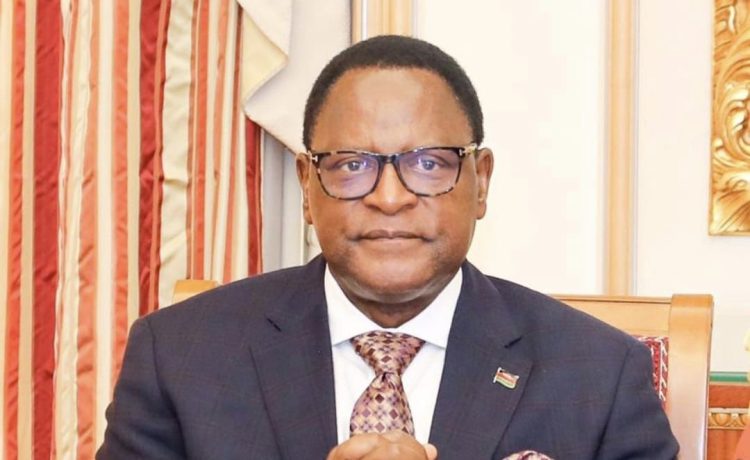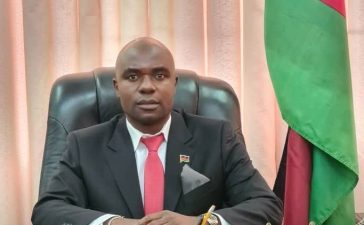President Chakwera was endorsed to the state leadership on his own promise of Rule of Law as one of the five pillars of his Hi5 agenda. In an effort to make the rule of law a reality, his administration has had to undertake a number of reforms that have positioned the law better in serving the population.
Among the numerous reforms done since 2020 when President Chakwera ascended to power are reflected in legislations that include the Ombudsman (Amendment), Act 2023; Electronic Transfer and Cyber Security (Amendment) Act 2023; and the Corrupt Practices (Amendment) Act, 2023 which has reinforced the independence of the Anti-Corruption Bureau (ACB) from the Director of Public Prosecutions office. According to public records, as of 9th February 2024, Chakwera’s administration has prepared and presented to Parliament 29 Bills, 25 of which have been enacted into law.
Meanwhile, the Government is on a further drive actively pursuing innovative reforms in the criminal justice system. Through Chief Justice Rizine Mzikamanda, the Government has proposed that the country should adopt plea bargaining to address several challenges, such as excessive pre-trial detention. The proposal has been made at a conference in Lilongwe, organized by the Office of the Director of Public Prosecutions in collaboration with Irish Rule of Law International.
Mzikamanda highlighted that plea bargaining could help alleviate prison overcrowding, save government resources, enhance efficiency, and reduce the emotional toll on both suspects and victims caused by prolonged trial processes.
The Chief Justice was quick to assert that plea bargaining is a transparent process involving all parties, not a matter of private deception or corruption. He mentioned the positive outcomes in several African countries, including Uganda, Rwanda, and Kenya, where plea bargaining has been successfully implemented for varying periods.
“Plea bargaining is not a private matter, deception, or corruption. It is conducted openly with the involvement of all parties,” the Chief Justice said.
The Director of Public Prosecution (DPP), Masauko Chamkakala, expressed his support for the judiciary’s promotion of plea bargaining, stating that his office intends to facilitate it in accordance with legal standards.
Minister of Justice Titus Mvalo remarked that while the law is crucial, effective implementation by the individuals within the system is vital. He pointed out that numerous legal measures and judicial rulings have been made over the years to align the criminal justice system with the Republican Constitution.
Mvalo further noted that while some may feel progress is overdue, delays can lead to unjust outcomes, including the wrongful detention of innocent individuals and prolonged custody for accused persons beyond the allowable pre-trial time limits.
In response, stakeholders have suggested various solutions, including enabling paralegals to handle prosecutions and implementing a digital case management system across the Judiciary and law enforcement agencies.













